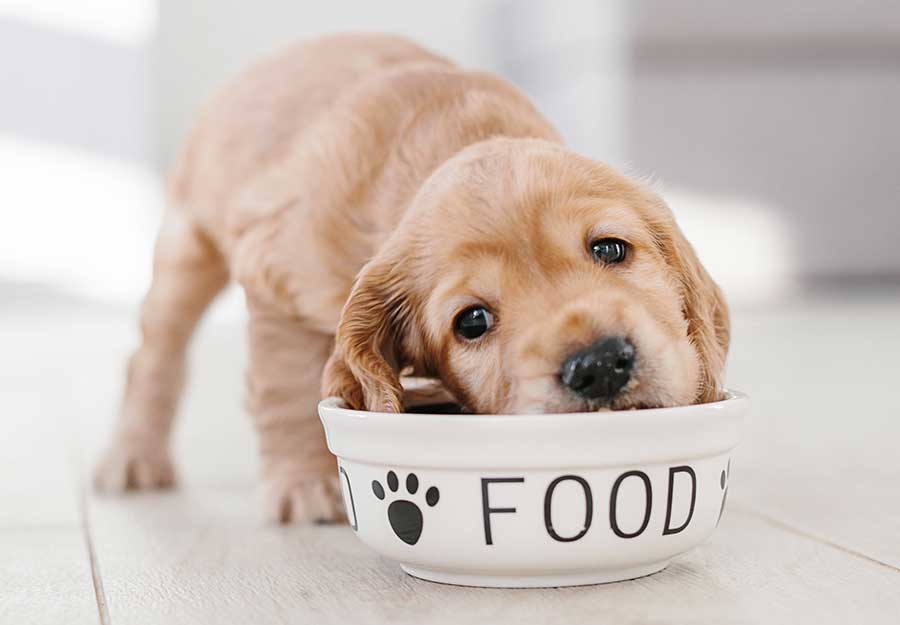Canine fur babies shouldn’t be fed chocolates because they contain theobromine and caffeine, which are toxic to dogs. Ingesting these compounds can lead to various health issues, including vomiting, diarrhea, rapid heart rate, seizures, and in severe cases, even death.
It’s crucial to keep chocolates and other foods containing these substances out of reach of dogs to ensure their well-being. Simultaneously, consider being equipped with pet insurance so that managing unexpected health scenarios is much easier. Cheap dog insurance covers much of a canine’s testing, treatments, and medications, which is why you must contemplate purchasing a policy.
Meanwhile, check out this article to learn what you can safely feed your dog.
If not chocolates, what to feed my pup?
Instead of chocolates, there are plenty of safe and healthy treat options you can offer your dog.
1.Dog-safe fruits
Many dogs enjoy fruits like apples (without seeds), bananas, blueberries, and strawberries. They can be given in moderation as a sweet and healthy treat.
2.Carrots
Carrots are low in calories and high in fiber. They make great chew toys and snacks for dogs.
3.Peanut butter
Make sure it’s xylitol-free, as xylitol is toxic to dogs. You can use peanut butter as a stuffing for Kongs or as a treat in moderation.
4.Plain cooked meat
Cooked lean meats like chicken, turkey, or beef (without seasoning or bones) can be a protein-rich treat.
5.Plain yogurt
A small amount of plain, unsweetened yogurt can provide probiotics and be a tasty treat for your dog.
6.Cheese
Dogs often enjoy small amounts of cheese. Stick to low-fat options and offer only calculated portions.
7.Cooked eggs
Eggs can be a good source of protein. Ensure they are fully cooked and plain, i.e. no salt or spices added.
8.Rice or pasta
Plain, cooked rice or pasta can be given as an occasional treat, especially if your dog has an upset stomach.
9.Dog-safe commercial treats
There are plenty of dog treats available on the market specifically formulated for dogs’ dietary needs. Look for reputable brands and read the ingredient list before buying.
10.Homemade dog treats
You can make treats at home using dog-friendly recipes. Just be cautious with ingredients and avoid using potentially harmful substances.
Remember, even healthy treats should only make up a small portion of your dog’s diet. It’s also a good idea to discuss it with your vet before introducing new foods, especially if your pupper has any dietary restrictions or health issues.
Seeking canine dietary advice is essential because dogs have unique nutritional needs that vary based on factors like breed, size, age, gender, and health conditions. Proper nutrition impacts their wellness, energy levels, and longevity. Professional guidance ensures balanced meals, preventing deficiencies or excesses that could harm them.
Vets or canine nutritionists can recommend appropriate foods, portion sizes, and special diets if needed, helping your dog lead a healthy and happy life. However, consider being prepared with pet insurance at the same time. With cheap dog insurance, summoning medical help wouldn’t be as financially stressful during challenging times of health, which is why you must contemplate purchasing a policy.





